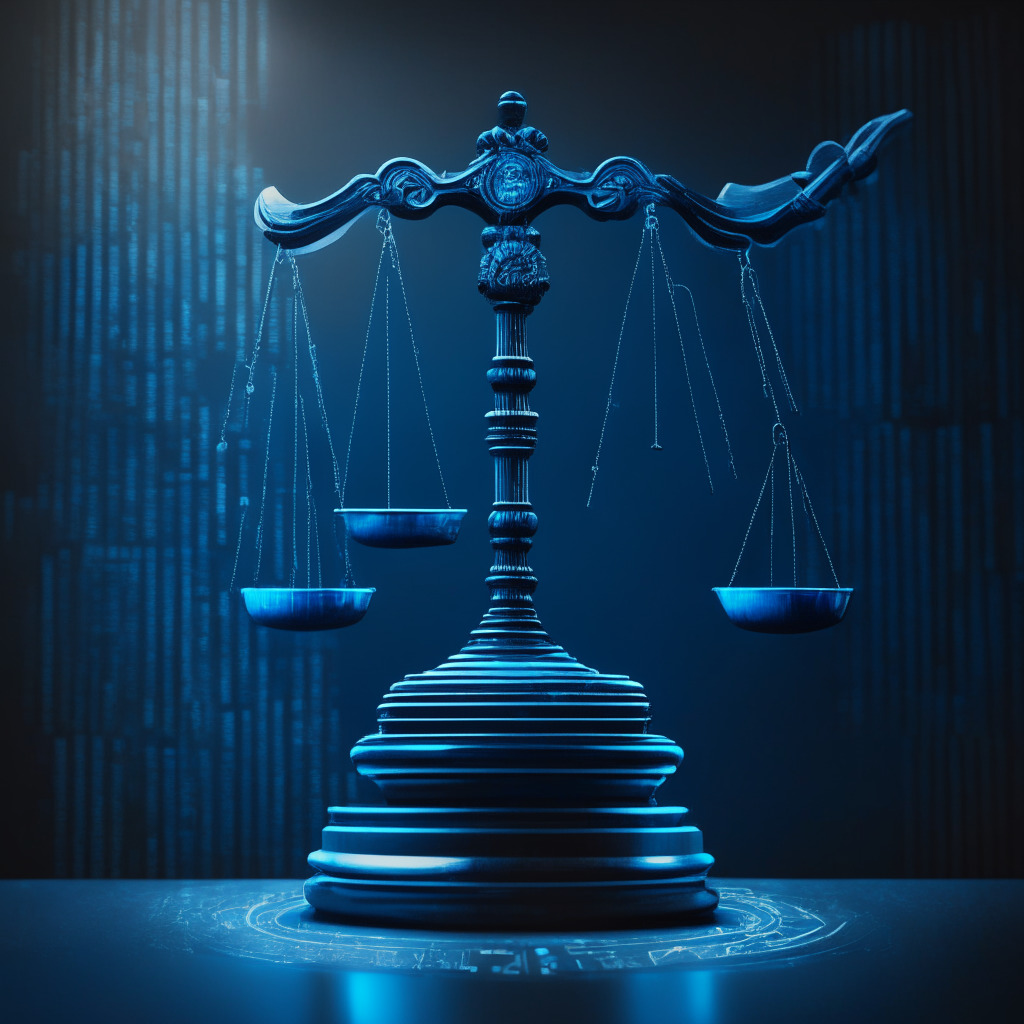“The Commodity Futures Trading Commission (CFTC) has charged DeFi players Opyn, Inc., ZeroEx (0x), Inc., and Deridex, Inc. with illegal derivatives trading via blockchain-based protocols and smart contracts. The shift indicates that regulations are catching up in the crypto industry, particularly for DeFi platforms.”
Search Results for: Ian McGinley
Decoding DeFi: Navigating the Maze of US Regulations and the Promising Blockchain Future
“The US DeFi landscape hit an inflection point as the CFTC filed lawsuits against three companies, accusing them of offering financial products without proper registration. Amidst ambiguity, questions arise about DeFi’s future in the US, regulatory hurdles, and potential to revolutionize world finance. Undoubtedly, for DeFi to truly flourish, regulatory clarity and a willingness to embrace the evolving landscape is crucial.”
Unraveling the Tennessee Crypto Scam: Investor Security, Regulations and the Price of Greed
A couple, Michael and Amanda Griffis, were found to have deceived more than 100 individuals in a fraudulent crypto investment scheme, amassing over $6 million. They failed to register their scheme with the CFTC, leading to legal issues and the loss of funds for their investors. This incident highlights the necessity for regulatory scrutiny and investor education in the high-stakes crypto market.
Crypto Exchange Founder’s Hefty Fine: A Strike for Regulation or Blow for Innovation?
Adam Todd, founder of Digitex, was accused by the U.S. Commodity Futures Trading Commission (CFTC) of running an illicit platform and manipulating its token, DGTX. The court mandated Todd to pay $16 million, reflecting poor practice in the decentralized finance landscape. Todd’s case underlines regulators’ emphasis on transparency and legality within the digital asset market, raising questions about the impact on innovative startups.
Court Ruling Treats DAO as a Person: Debating Implications for Blockchain’s Future and Viability
A recent court ruling sided with the CFTC against Ooki DAO, finding that DAOs constitute a “person” under the Commodity Exchange Act. This implies that US financial regulations apply to both traditional businesses and DAOs, raising concerns about the legal implications and viability of DAO structures moving forward.
Ooki DAO Ruling: Balancing Innovation and Regulation in Decentralized Systems
A US district judge ordered Ooki DAO to pay a civil penalty and cease operations, setting a precedent as the court considered the DAO a “person” liable for legal violations. The case raises essential questions about balancing regulation and innovation in the blockchain world, while other DAOs face increased scrutiny from regulatory bodies.





